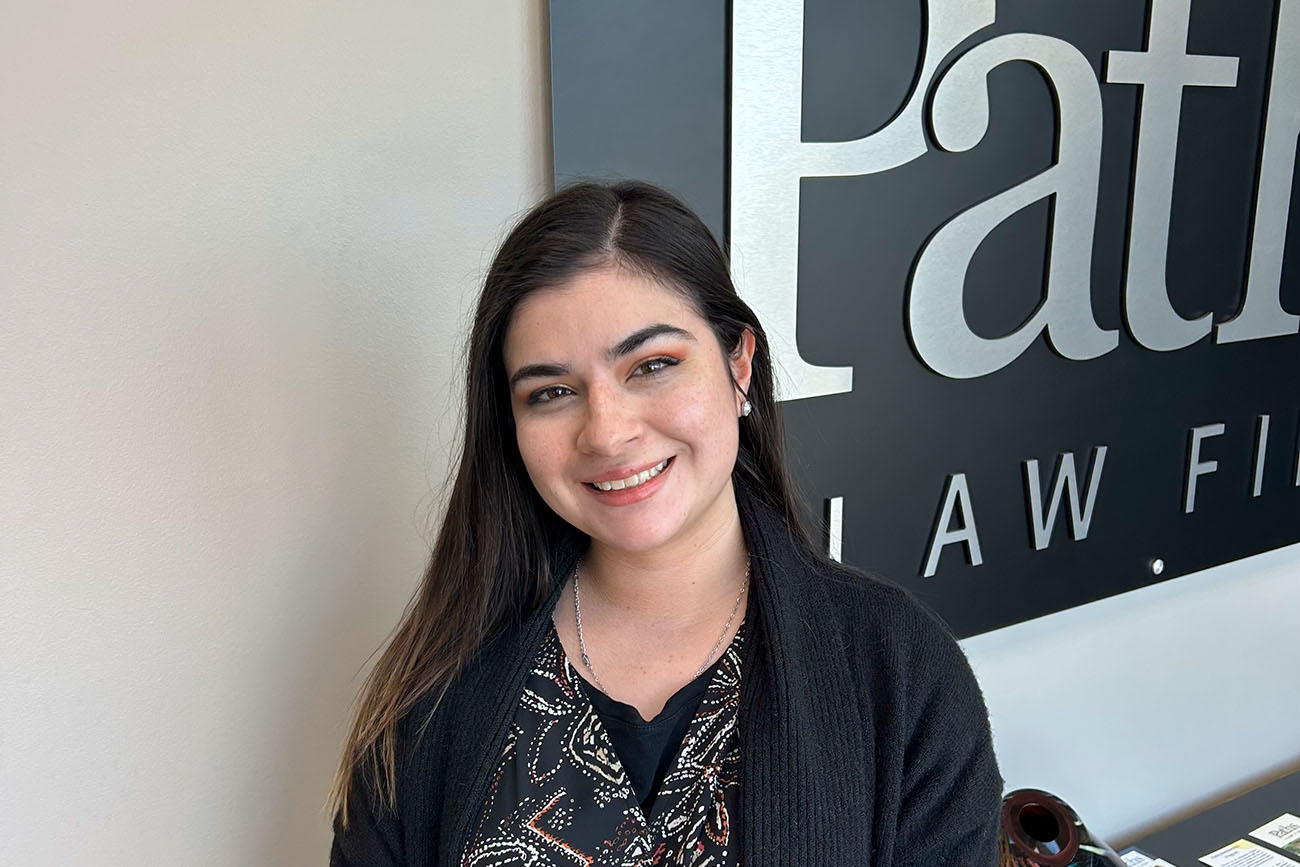Why the Medicaid 5 Year Look-Back Period Matters
Understanding how to avoid Medicaid’s 5 year look-back penalties is crucial. Before selling, gifting, or transferring assets, you’ll want to make sure you’re not incurring medicaid penalties. These actions can impact eligibility for long-term care benefits, thus impacting a senior’s ability to receive benefits, also known as vendor or nursing home benefits. Any assets sold or given away during the last 60 months before needing long-term care could lead to penalties and delay the Medicaid application process. Therefore, all actions should follow proper legal requirements.
What Is the Medicaid 5 Year Look-Back Rule?
Medicaid is an assistance program providing benefits based on a means test, which assesses a person’s income and assets to determine eligibility. Generally, when a senior enters a nursing home, their countable assets may be exhausted on nursing home care. There may be little incentive to retain assets for their future use, but if help is available and other family members, such as spouses, disabled children, or others may need the funds.
Because nursing home care is expensive, you might consider transferring assets to family members to qualify for Medicaid. Without the look-back rule, individuals could gift their assets to meet Medicaid’s asset limits, but the rule prevents this. The period of ineligibility penalizes those who attempt to gift or transfer assets to qualify.

How long is the Medicaid Look-Back Period?
When you apply for Medicaid’s long-term care, whether for in-home care, a nursing home, or assisted living, Medicaid sets a limit on the assets one can have. The look-back period begins on the date of the Medicaid application and can review all financial transactions made within the prior 60 months and assess penalties. Knowing how to avoid Medicaid’s 5 year look-back violations can help applicants stay compliant and avoid penalties.
Which Medicaid Programs Are Subject to the Look-Back Period?
Not all Medicaid programs have a look-back period. Programs for pregnant women, mothers, and newborns typically don’t require it.
Common Violations of The 5 Year Medicaid Look-Back Period
Violations occur if assets are sold or gifted for less than fair market value. Examples include gifting grandchildren money for graduation, transferring the title of a house to a relative, selling a coin collection for half the value, donating an old vehicle to a local charity, and other similar donations. Violating the Medicaid look-back period can lead to a penalty period wherein the applicant is ineligible for Medicaid benefits. Even lump-sum payments to caregivers without formal agreements can result in violations.
If someone violates Medicaid’s look-back period, there are still several ways in which to be Medicaid eligible. Typically, the best way to go about this is to work closely with an Elder Law Attorney who is well versed in Medicaid law, preventing any misuse of funds and penalization.

Avoiding Medicaid’s 5 Year Look-Back by Spending Down Assets
Several strategies allow assets to be spent down without violating Medicaid rules. However, the process is complex, and it’s recommended to consult with a Medicaid planning professional, such as an Elder Law Attorney, before proceeding. Here are some strategies on how to avoid Medicaid’s 5 year look-back penalties:
- Promissory Notes or Annuities: Medicaid Compliant Promissory Notes or Medicaid Compliant Annuities convert assets into an income stream, which can help meet eligibility criteria without violating rules. Guidelines for annuities vary by state. There are advantages to utilizing a Medicaid Compliant Promissory Note so don’t let a well-meaning person put you into an annuity when it is not the better option.
- Caregiver Agreements: Hiring a caregiver, even a family member, requires a formal agreement to avoid penalties. These contracts outline responsibilities and compensation, and payments are documented to ensure compliance.
- Home Modifications: Assets can be used for home improvements like plumbing upgrades, wheelchair ramps, or wider doorways without violating the look-back rules.
- Irrevocable Funeral Plans: Setting up a funeral trust or purchasing a preneed plan are permissible ways to set aside funds for burial expenses.
Paying Off Debt: Seniors can use assets to pay off mortgages or credit card debts without violating the look-back rules. But be careful as debts seldom need to be paid and this can be a waste of funds that could otherwise be preserved.

Exceptions & Loopholes to Medicaid’s 5 Year Look-Back Period
Medicaid’s look-back rule has exceptions allowing asset transfers without penalties. These measures help protect the family of applicants from financial hardship. Understanding how to avoid Medicaid’s 5 year look-back exceptions can help families plan effectively.
- Married Couples Joint Assets: Medicaid views married couples’ assets as jointly owned. Even transfers by a non-applicant spouse, even within the Community Spouse Resource Allowance (CSRA), are not allowed and can cause penalties. The CSRA maximum varies by state and year.
- Assets Transferred to Minor Children: Applicants can transfer assets to legally blind or disabled children or those under 21. Trusts can be set up for their future support.
Transferring a Home: A home can be transferred to a sibling with shared ownership or to an adult child who acted as a caregiver for at least two years before the applicant needed nursing home care. These transfers, if done properly, do not incur penalties.

Expert Guidance on Navigating Medicaid’s 5-Year Look-Back
Medicaid’s look-back period is complex and can be confusing when it comes to what is allowed and what is considered a violation of the rules. Gifts or transfers made without the guidance of an experienced Elder Law attorney can create issues for a senior who may need nursing home care in the future. Seeking sound legal advice and guidance on how to avoid Medicaid’s 5 year look-back can mean the difference between qualifying for Medicaid and losing your life savings.
At Paths Law Firm, we have well more than 30 years of specific experience helping seniors navigate Medicaid eligibility rules. We have helped a great many seniors plan for a brighter future by protecting them from the financial devastation resulting from the need for long-term nursing home care.
If you or a loved one require legal guidance and assistance in planning for the future to avoid penalties from things such as Medicaid’s look-back period, we are here to help.
Contact Paths Elder Law to schedule a consultation.



































